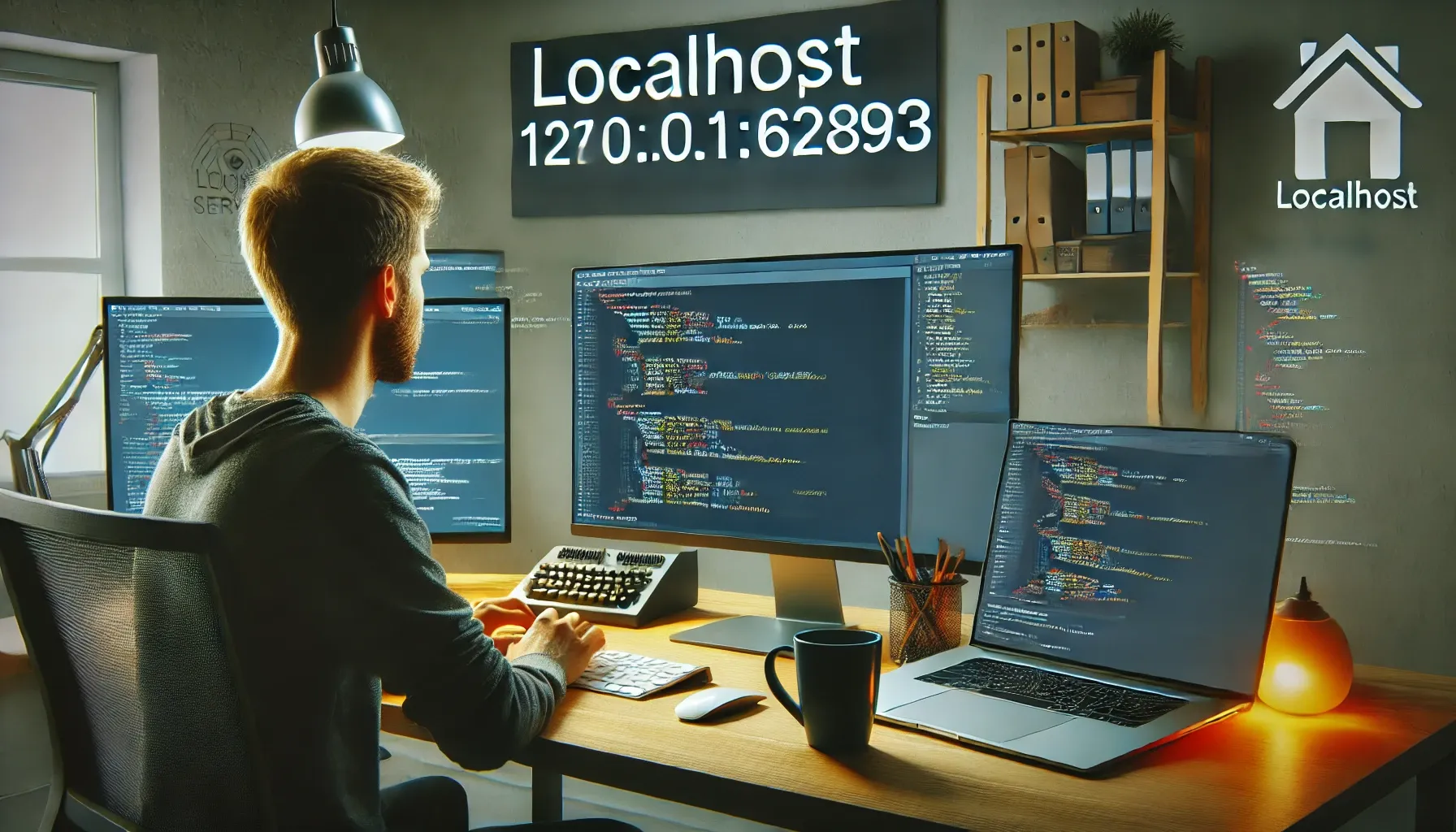Table of Contents
127.0.0.1 is widely recognized in the tech community as the localhost. It serves as the loopback address in networking, which means any traffic sent to this address is rerouted back to the sender. The port number, in this case, 62893, specifies a unique endpoint for communication.
The Role of Localhost in Development

Localhost is essential for developers who need to test their applications locally before deploying them to production environments. This setup provides a safe space to:
- Run and debug applications without affecting live users.
- Test new features in isolation.
- Ensure compatibility with different environments.
Deciphering the Port Number 62893
In the context of localhost, port numbers like 62893 are crucial for distinguishing between different services and applications running on the same machine. Ports are endpoints of communication and help in directing traffic correctly.
Why Port Numbers Matter
- Unique identification: Each port number uniquely identifies a specific process or service.
- Preventing conflicts: Assigning different ports to different services prevents conflicts.
- Security measures: Restricting port access can enhance security.
Common Uses of Localhost and Port Numbers
Web Development
- Testing Web Servers: Localhost allows developers to test web servers locally before deploying them.
- Database Management: Developers can connect to local databases for development purposes.
- API Development and Testing: API endpoints are often tested locally to ensure they work correctly.
Networking and Security
- Network Configurations: Localhost helps in configuring and troubleshooting network setups.
- Security Testing: Penetration testers use localhost to simulate attacks in a controlled environment.
Setting Up and Accessing 127.0.0.1:62893
Step-by-Step Guide
- Install Necessary Software: Ensure you have the required software installed, such as a web server (e.g., Apache, Nginx) and relevant applications.
- Configure Your Server: Modify the configuration files to listen on port 62893. This typically involves editing configuration files like
httpd.conffor Apache ornginx.conffor Nginx. - Start the Server: Launch your server and ensure it is running correctly.
- Access via Browser: Open your web browser and navigate to
http://127.0.0.1:62893to verify the setup.
Read also: How to Remove Ink from Your Laptop Body?
Troubleshooting Common Issues
- Port Conflicts: Ensure that no other service is using port 62893.
- Firewall Settings: Configure your firewall to allow traffic on port 62893.
- Server Logs: Check server logs for any errors or warnings that might indicate misconfigurations.
Advantages of Using 127.0.0.1 and Specific Ports
Enhanced Development Workflow
- Immediate Feedback: Changes made in the code can be tested instantly.
- Isolation: Testing locally ensures that untested changes do not affect the live environment.
Improved Security
- Controlled Environment: Running applications on localhost minimizes exposure to external threats.
- Access Control: Ports can be secured and restricted to specific users or processes.
Final Words
Understanding the significance of 127.0.0.1 and port 62893 is pivotal for developers and network administrators. This knowledge not only aids in effective development and testing but also enhances security and performance. By leveraging localhost and specific port numbers, one can create a robust and secure development environment.
People also ask
What is 127.0.0.1:62893?
127.0.0.1 is the localhost address, and 62893 is a port number used for identifying specific services or applications running locally.
Why use 127.0.0.1:62893 in development?
It allows developers to test and debug applications locally without affecting the live environment, ensuring a controlled and secure setup.
How do I access 127.0.0.1:62893?
Open your web browser and enter http://127.0.0.1:62893. Ensure your server is configured to listen on port 62893.
What if 127.0.0.1:62893 doesn’t work?
Check for port conflicts, firewall settings, and server logs. Ensure no other service is using port 62893 and that your server is correctly configured.
Is using 127.0.0.1:62893 secure?
Yes, running services on localhost minimizes external threats and allows for restricted access, enhancing overall security.




